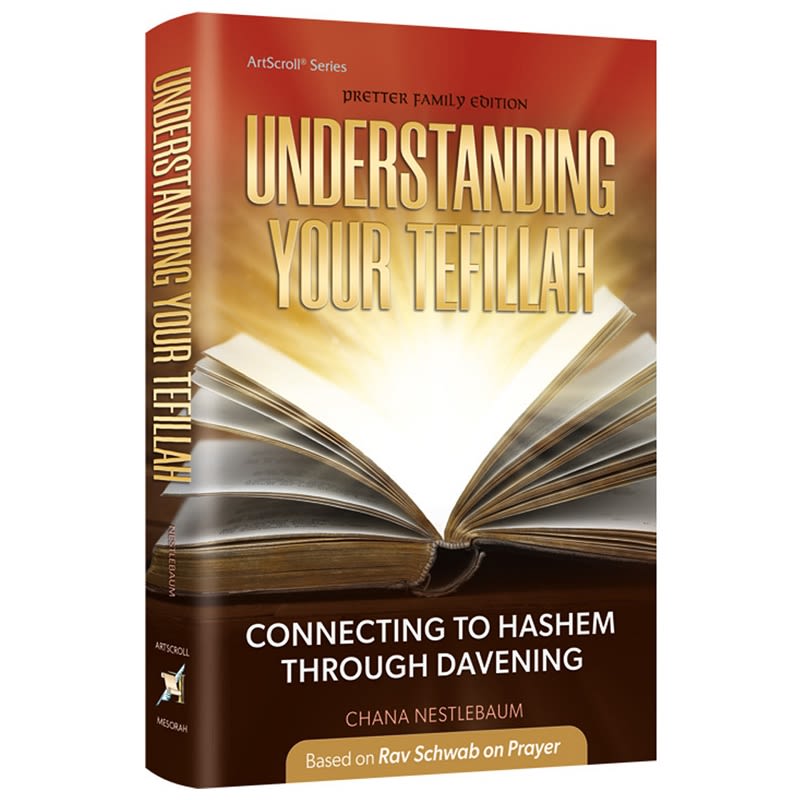
Only Hashem
True emuna also puts an end to the silly intramural dissension among Jews. What difference does at make if a person is a Chassid, a Litvak, a Sephardi, or anyone else?

Translated by Rabbi Lazer Brody
Rabbi Yechezkel Levinstein of saintly and blessed memory, the spiritual dean of the Ponivitch and Mir Yeshivas, emphasizes in his classic book “Or Yechezkel” that nothing can exist without Hashem and that everything that occurs in the universe is the product of Divine will. This is the basis of emuna.
If everyone would have firm emuna, then all negative character traits such as jealousy and stinginess would be rendered null and void. What good is cheating a person in business if Hashem won't give you any more or less than what's destined for you? Why be jealous of someone else when whatever they have doesn't add or detract from whatever we have? With emuna, people would live so much more harmonious lives and the world  would be a better place. Not only that, but instead of cut-throat competition, people would be cooperating with each other.
would be a better place. Not only that, but instead of cut-throat competition, people would be cooperating with each other.
True emuna is the recognition that ein od milvado, there is nothing but Hashem! Neither people nor natural causes affect our lives at all – everything is from Hashem!
True emuna also puts an end to the silly intramural dissension among Jews. What difference does at make if a person is a Chassid, a Litvak, a Sephardi, or anyone else? What matters is whether a person has emuna or not, and whether a person is a servant of Hashem or not. Like Rabbi Levinstein taught us, nothing exists without Hashem; the question is, are we living our lives with Hashem or not?
A person without emuna thinks that he is capable of doing something that defies Hashem's will. A person with emuna knows that such a notion is ridiculous. With this in mind, we don't torment ourselves even when we commit a misdeed, for without Hashem's will, we couldn't have committed the misdeed!
People are stunned at such an idea (which is an integral part of true emuna): they ask, “How can Hashem possibly want me to commit a sin?” The answers are many. When a person starts to feel smug about himself or when he turns his nose up at others whom he considers inadequate in their service of Hashem, then Hashem will enable him to slip up somewhere to show him that he is far from perfect. Also, if we never transgressed, we might considers ourselves righteous despite the fact that we still have much spiritual growth to do. After transgressing, we do teshuva with a broken heart and yearn to rectify. Such teshuva elevates us to a higher spiritual level. As such, the transgression was all for the best like everything else Hashem does.
The above concept is certainly complex. But, when we cling to emuna with simplicity, we don't fall into despair or persecute ourselves after making a mistake or transgression. Whatever happened was the way Hashem wanted it to happen! We accept the past as Hashem's will and we do what we can right now to try and improve future efforts, asking Hashem's help every step of the way. There's no “I” – only Hashem!
One can do proper self-assessment only after realizing that there is no one but Hashem. If I sinned, that's what Hashem wanted! So I now must ask myself, why did Hashem allow me to sin? Why didn't He help me avoid the transgression? Maybe I lack the desire to serve Him; in that case, I must rethink my priorities in life. Maybe I haven't prayed enough; from this day on, I'll devote twenty minutes a day asking Hashem to help me guard my eyes, overcome my bodily urges, or rid myself of an undesirable trait (insert your own request). The important point to remember is that self-persecution is not self-assessment! Whatever happened in the past was Hashem's will, which we accept of course with joy.
Self-assessment with emuna leads to remarkable self-composure. We are angry at no one, for we know that people who apparently cause us grief are none other than sticks in Hashem's hand. We focus on Hashem and on doing His will. Such a focus is conducive to constant self-improvement. The more we improve, the more we succeed and the less we sin. No one has ever attained true self improvement by tormenting himself. Happiness and success therefore can always be traced back to positivity and reinforced emuna. Knowing that Hashem runs the world is the greatest catalyst of a positive outlook on life that can be.










6/14/2012
Love I would like to suggest that it is not even whether a person has emuna or is an Eved Hashem or not, we must love unconditionally.
6/14/2012
I would like to suggest that it is not even whether a person has emuna or is an Eved Hashem or not, we must love unconditionally.
3/19/2012
hakol bedai shamayim Doesnt this contradict the famous Chazal that hakol bedei shamayim chutz meyiras shamayim, that you have bexhuira to do an aveira or not?